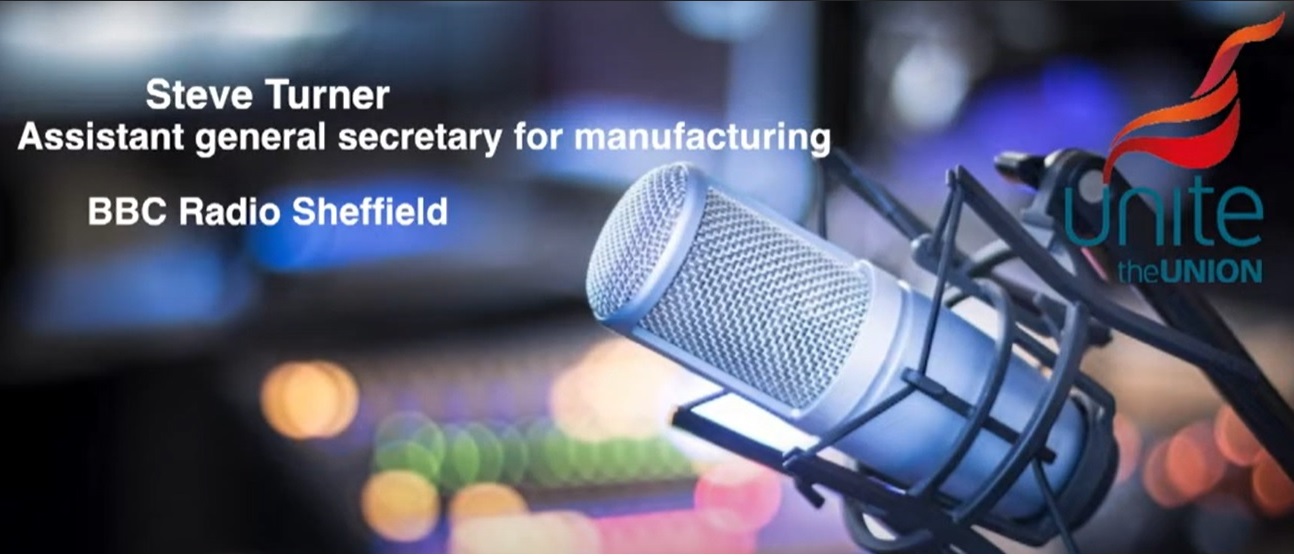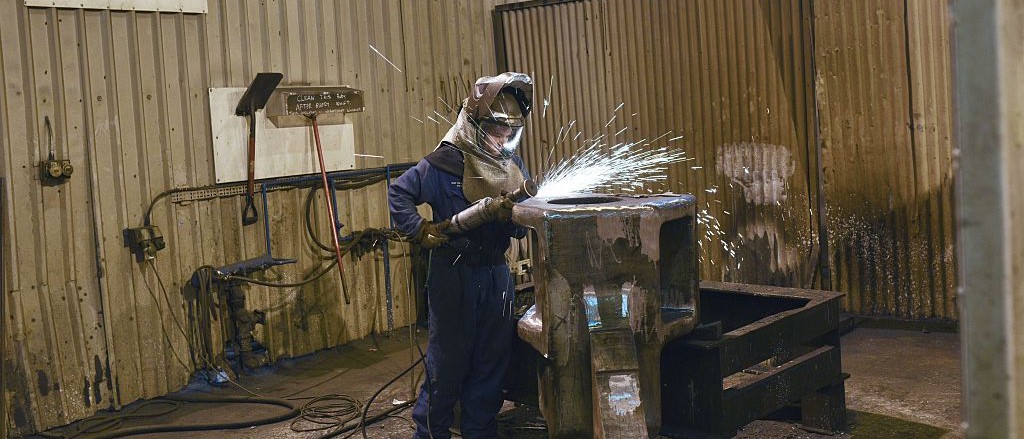Asbestos threat
All current as well as about 1,000 former Ministry of Defence (MoD) workers who could have been exposed to asbestos maintaining or repairing Sea King helicopters must be offered checks for exposure, Unite has said.
The call comes as the MoD is urgently working towards removing parts in the Sea King helicopter suspected of containing asbestos following an official report into the death of an Australian avionics technician.
He maintained Sea Kings in New South Wales for years and subsequently died of a rare and aggressive form of cancer. The report attributed his death to exposure to asbestos, petrol and other toxins while working on a naval base.
The MoD sent a Defence Information Notice (DIN) to all current personnel working on the Sea King informing them of their possible exposure to asbestos followed by detailed information about areas on the helicopter where the asbestos exists. The MoD also advised staff to fill in a personal asbestos record to go into their personal records with a copy sent to their GPs.
But around 1,000 ex-Mod workers who worked on the Sea King, which has been in service since 1969, have not yet been officially notified nor advised in the same way that current staff have been.
Unite national officer Jim Kennedy has written to the MoD demanding that the department make clear how and when it will notify former employees who may have been exposed to asbestos. He has also asked the MoD to outline what systems it has in place to identify all current staff who may have been exposed and whether it has offered follow-up counselling or access to medical checks.
“There are in excess of 1,000 ex-MoD employees who were or could have been exposed to asbestos while working on the Sea King repair and maintenance facility,” Kennedy wrote in the letter to the MoD.
“You will know that the MoD duty of care to the health and wellbeing of their employees does not cease on exit from employment, if in the performance of their duties employees have potentially been exposed to asbestos the MoD has a duty of care to notify those concerned of this new information and to offer guidance as the MoD has done for current employees,” he noted.
“As someone who has campaigned throughout my working life to highlight the dangers of exposure to asbestos and the devastating effect it can have, through pleural plaques, mesothelioma, or other fatal diseases, I am extremely concerned regarding the identification of exposure to asbestos of maintenance personnel working on Sea King helicopters.
“This is an issue Unite takes extremely seriously.”
The Sea King, which has been operation for 50 years, has been deployed in various conflicts including the Falklands War and Afghanistan. The aircraft has flown in nearly 15,000 search and rescue missions between 1982 and 2013.
Unite has long been campaigning in support of people who have been exposed to asbestos at work. About 5,000 people die each year from asbestos-related diseases. Even though the tiny toxic fibres, mostly found in building sites, were banned in 1999 — which significantly reduced the risk of illness or death for people working in sites built after 2000 — asbestos is still found in older buildings and continues to pose a threat.
If you think you’ve been exposed to asbestos, find out more about Unite’s asbestos register and access other asbestos-related resources here.
 Like
Like Follow
Follow

